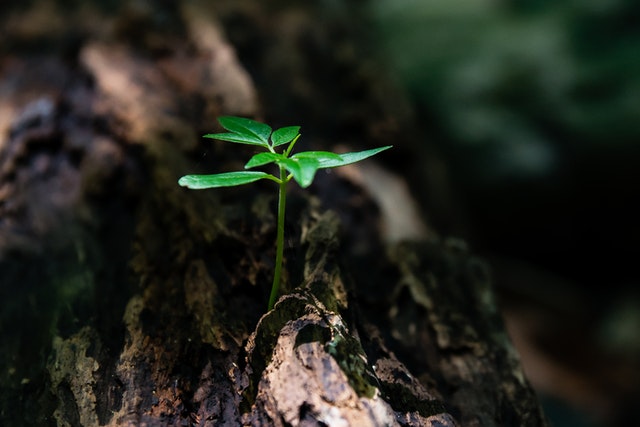Plant authentication is the process of verifying the identity of a plant species. This is typically done in a research setting, where plant specimens need to be accurately identified for study purposes. Plant authentication can be a challenging task, as there are often many similar-looking species that can be easily confused with one another. However, by using DNA barcoding or other molecular techniques, researchers can quickly and accurately identify plant specimens to ensure that they are correctly labeled.
What is Plant Authentication?
What is Plant Authentication? Plants are a vital part of research and play an important role in the development of new drugs and treatments. Plant authentication is the process of verifying the identity of a plant species. This is done by comparing the physical characteristics of the plant to those listed in a reference guide. Plant authentication is important because it helps to ensure that the correct plant is being used in research and that the results of studies are accurate.
What is the Purpose of Plant Authentication?
Plants are a vital part of the ecosystem and play an important role in research. The process of plant authentication is essential to ensure that the plants used in research are genuine and not counterfeit. This is important because counterfeit plants can cause problems with the data and results of research studies.
Plant authentication involves verifying the identity of a plant species using various methods such as morphology, DNA analysis, or barcoding. This is done to ensure that the plant being studied is the correct species and not a look-alike. Plant authentication is an important part of research to ensure accuracy and validity of results.
Who Conducts Plant Authentication Studies?
There are many different types of plant authentication studies, but they all have one common goal: to determine the identity of a plant species. These studies can be conducted for a variety of reasons, including to confirm the identity of a plant used in traditional medicine, to verify the authenticity of a food or beverage ingredient, or to ensure the safety of a plant-based product.
Plant authentication studies are typically conducted by botanists, taxonomists, or other experts in plant identification. These experts use a variety of techniques to examine the physical characteristics of a plant and compare it to known specimens in order to determine its identity. In some cases, DNA analysis may also be used to confirm the results of the physical examination.
How is Plant Authentication Performed?
Plant authentication is the process of verifying the identity of a plant sample in Formulation and Development. This is usually done in research settings, in order to ensure that the plants being studied are of the correct species. There are a few different methods that can be used to authenticate plants.
One common method is to compare the physical characteristics of the plant in question to those of known specimens. This can be done by looking at features such as the shape and size of leaves, the color of flowers, and so on. Another option is to use DNA analysis to compare the genetic makeup of the sample to that of other plants. This is often seen as the most reliable method, as it can provide definitive proof of a plant’s identity.
whichever method is used, it is important to have a reference specimen on hand for comparison purposes. This reference specimen should ideally be from a reputable source, such as a herbarium or botanical garden. With proper plant authentication, researchers can be confident that they are studying the correct plant species.
What are the Benefits of Plant Authentication Studies?
There are many benefits to conducting plant authentication studies. These studies help to ensure the accuracy of research findings and can help protect against fraud. Additionally, plant authentication studies can help to improve the quality of research by providing more accurate data.
Are There Any Drawbacks to Plant Authentication Studies?
Yes, there are some potential drawbacks to conducting plant authentication studies. First and foremost, these types of studies can be quite expensive and time-consuming. Additionally, because plants can vary so widely in terms of their appearance, it can be difficult to ensure that all of the specimens being studied are actually the same species. Finally, there is always the possibility that something unexpected may be discovered during the course of the study (such as a new species of plant), which could lead to unforeseen delays or complications.
Conclusion
Plant authentication is the process of verifying the identity of a plant material. This is done to ensure that the correct plant species are being used in research and to avoid using counterfeit or adulterated plant materials. There are many ways to authenticate a plant, but the most common method is through DNA barcoding. Plant authentication is an important step in ensuring accurate results in research trials and experiments.

Comments
Post a Comment